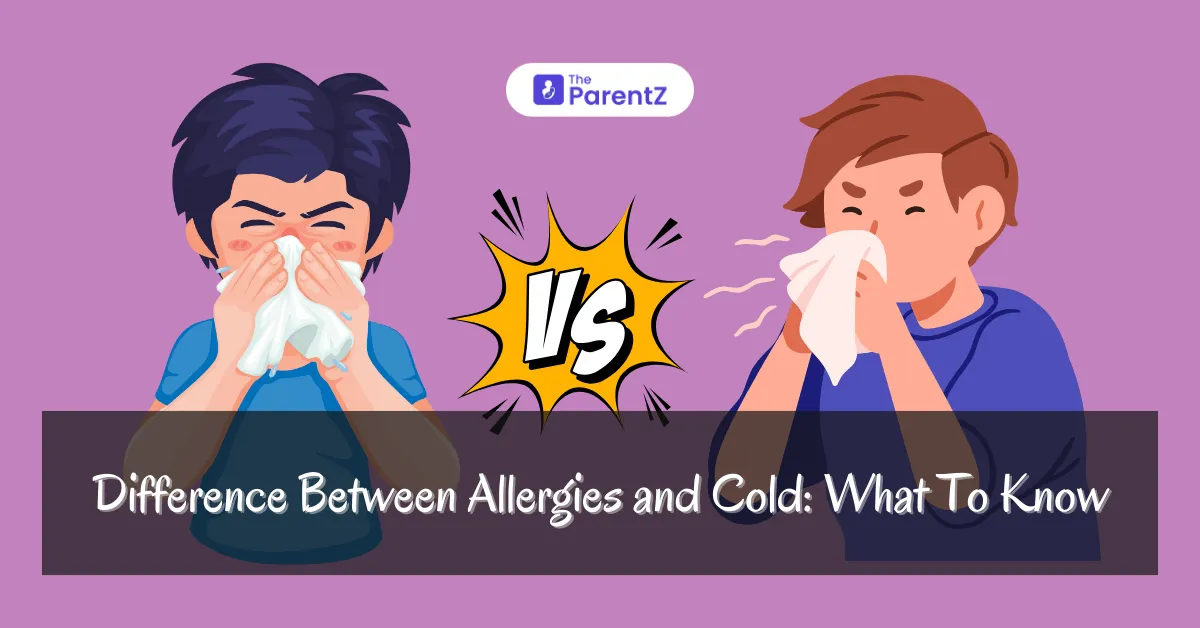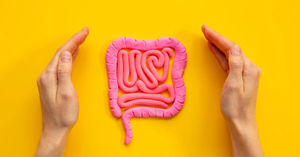There’s probably nothing worse than waking up with a runny nose and an irritating itch in your throat.
And you might question whether it is a cold or if your allergies are flaring up. Since the symptoms often overlap, it gets even more challenging to figure out the difference.
Read below this article to know the key differences between allergies and a cold that can surely help you in managing your concern much more effectively.
Allergies vs. Cold: Causes Behind It
One of the main differences between allergies and colds is what actually triggers these conditions. The common cold is caused by viruses, or more often rhinoviruses, that spread from person to person, typically through respiratory droplets.
On the other hand, allergies are the immune system’s overreaction to a harmless substance, such as pollen, pet dander, or dust mites. These bodily mistakes release histamines that cause symptoms such as sneezing, watery eyes, and itchiness.
Did you know that over 20 percent of the global population suffers from some form of allergies? And unlike colds, allergies are not contagious.
Differences in Symptoms
Typically both colds and allergies trigger sneezing and congestion; here are some key differences between the symptoms of colds and allergies that are noticeable.
| Aspect | Cold | Allergies |
| Duration | Most colds run their course in 7 to 10 days, which probably peaks around day 3-4. | Symptoms usually persist for weeks or even months in case of continued allergen exposure. |
| Itchiness | Rare | Itchiness in the eyes, nose, and throat |
| Fever and Fatigue | Mild fever and tiredness are common symptoms. | Fever is not a common symptom. However, mild fatigue can be witnessed. |
| Nasal Discharge | Nasal discharge that starts clear but often turns yellow or green as the condition progresses | Clear and watery mucus |
Allergies vs. Cold: Treatment
There is a significant difference in the treatment approach of allergies and colds.
On one hand, allergies can be managed effectively by reducing exposure to triggers and taking antihistamines, nasal sprays, or decongestants, while on the other hand, since colds are viral, antibiotics don't work. Rest, hydration, and over-the-counter remedies, including decongestants, are usually administered to treat colds. Allergies can, however, get worse, and in severe cases, immunotherapy is usually considered for long-term relief. However, in cases of a cold, most of it resolves on its own; in certain instances when the symptoms might get worse or persist beyond ten days, it might require medical attention.
Preventing Allergies and Colds
The best approach to preventing allergies is to minimize exposure to the allergens. You are always advised to use air purifiers, wash bedding every week, and avoid outdoor exposure. The best way is to check for products that have HEPA filters. Did you know that HEPA filters can remove up to 99.97 percent of airborne particles, including allergens?
However, when it comes to preventing colds, the best approach is to maintain good hygiene, including washing your hands regularly, avoiding touching your face, and boosting your immunity with a balanced diet intake.
Takeaway
While allergies and colds may appear similar initially, there are big differences behind their symptom patterns, duration, causes, and treatment. Therefore, it's always a good idea to know the key differences between those seasonal sneezes or recovering from those viruses. Lastly, if you suspect anything more serious, consult your doctor immediately.









Be the first one to comment on this story.